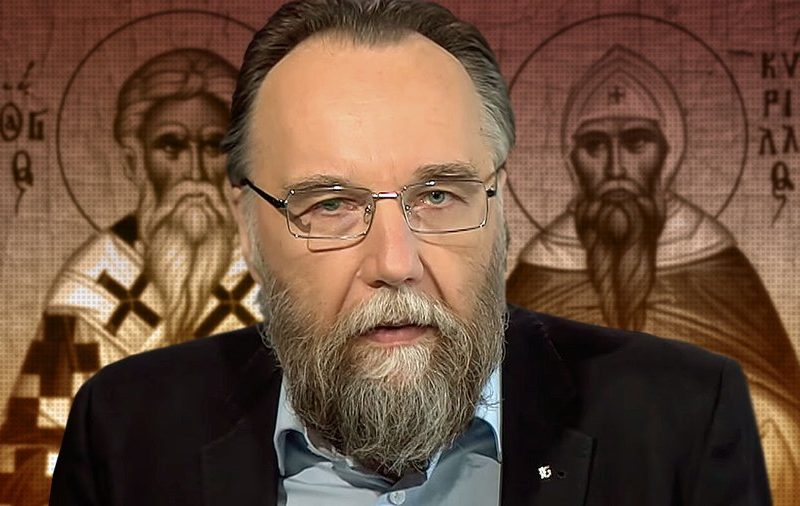Russia is a vast country that has been invaded numerous times throughout its history. From the Mongol invasion of the 13th century to the multinational invasion after World War I, Russia's long and rich history is littered with stories of foreign invaders wreaking havoc on its soil. These invasions have left an indelible mark on the psyche of the Russian people, and the fear of future invasions remains a dominant theme in Russian culture and politics.
One of the earliest examples of this fear of invasion can be traced back to Czar Ivan the Terrible, who ruled Russia from 1547 to 1584. During his reign, Russia was constantly threatened by neighbouring countries such as Poland and Lithuania. To protect his kingdom from invasion, Ivan built a massive fortress, St. Basil's Cathedral, which still stands today in Moscow's Red Square. Ivan's fear of invasion was not unfounded, as the Tatars invaded Russia repeatedly in the 16th and 17th centuries.
Another example of Russia's fear of invasion can be seen during the reign of Czar Alexander II in the 19th century. Alexander was known for modernizing Russia and bringing about religious peace. In 1864, he signed a religious peace treaty that allowed for greater religious freedom in Russia, which helped ease tensions between religious groups. Russia was previously invaded by Napoleon in 1812, leading to a devastating defeat for the Russian army under Alexander I.
Even in modern times, Russia's fear of invasion remains a significant factor in its politics and culture. Following the fall of the Soviet Union, Russia faced substantial economic and political turmoil, leading to a rise in nationalism and a renewed focus on the country's history. This focus on history has led to the emergence of figures such as Alexander Dugin, a controversial political philosopher who promotes a "Eurasian" ideology that seeks to unite Russia with its former Soviet neighbours.
Dugin's ideas have influenced the worldview of many Russians, particularly the younger generation, who see themselves as part of a distinct civilization under threat from the West. Dugin has argued that the West wants to break up the Russian Federation and has called for a return to traditional values and a rejection of Western-style democracy.
This fear of Western influence has been exacerbated by Russia's recent history. Many Russians feel the West treated Russia as a defeated nation after the Cold War, leading to economic and political instability. This has led to a renewed focus on Russian identity and a rejection of Western-style democracy.
Russia's fear of invasion is deeply ingrained in its culture and history. From the Tatar invasions of the 16th century to the multinational invasion after World War I, Russia has faced repeated threats from foreign powers. This fear has been amplified by recent events, including the rise of nationalism and the influence of figures like Alexander Dugin. While Russia has had brief periods of democracy, its authoritarian past and fear of invasion suggest that it will continue to be a complex and challenging partner on the global stage.
Should the West ask the question: Was the Russian Federation treated as a defeated Nation after the Cold War, and are there any parallels to the Treaty of Versailles and the German treatment after WW 1? Did the West miss the opportunity to develop Russia into a democracy before Putin?















0 comments:
Post a Comment